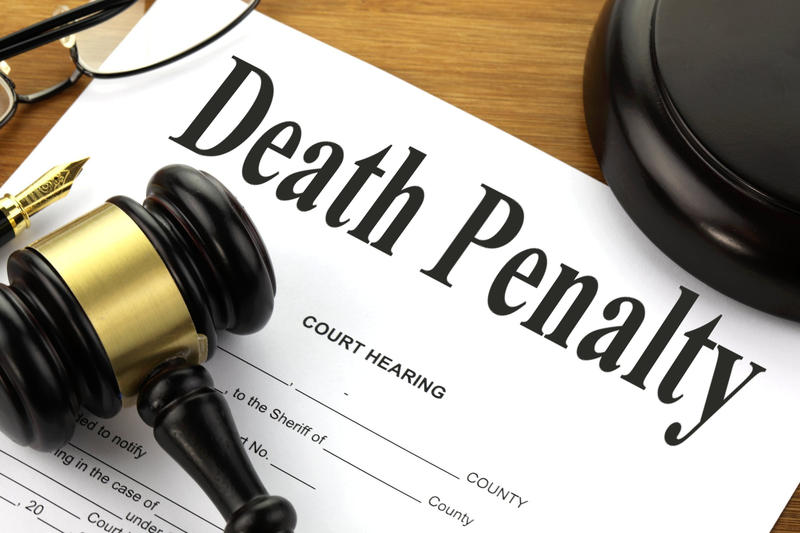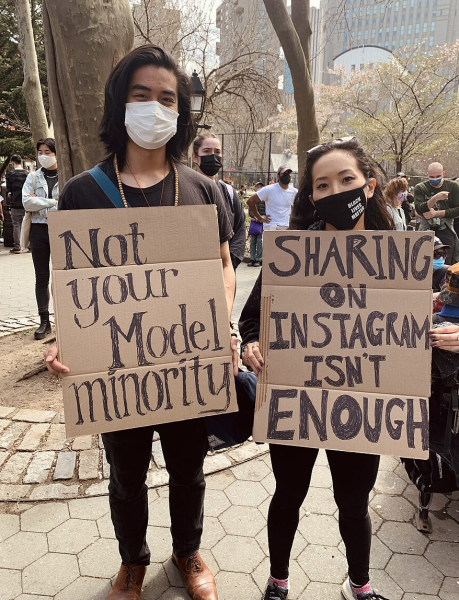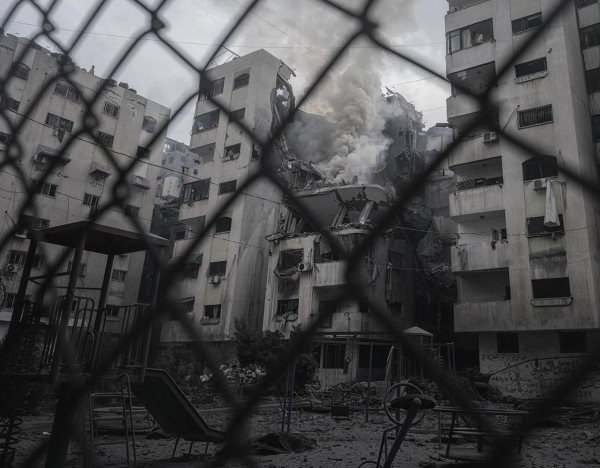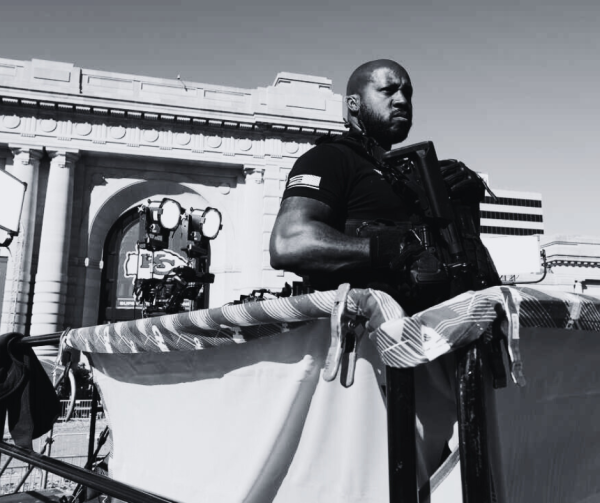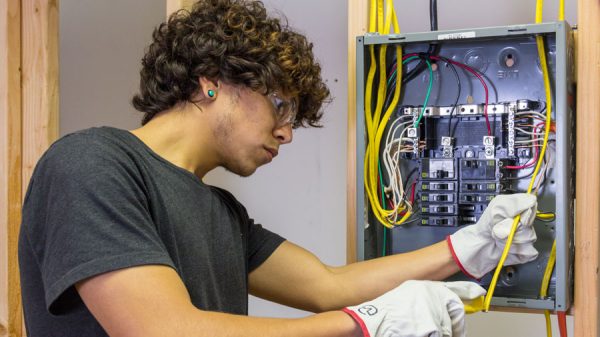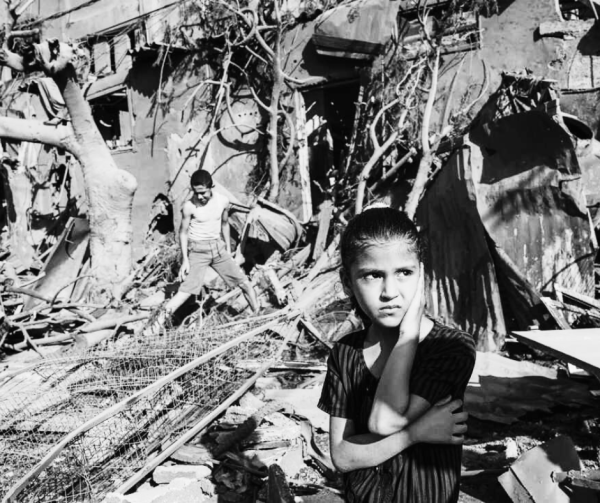It’s time to end the barbaric practice of the death penalty
State-sponsored murder has problematic ties to racism and corruption in our legal system
November 27, 2021
Despite being lauded as one of the world’s most sophisticated and civilized societies, for hundreds of years America has engaged in the barbaric practice of the death penalty. America claims to be one of the most developed nations in the world, yet is decades behind other countries’ criminal justice systems. America is the only G7 country that sanctions capital punishment, and, as the United Nations puts it, the death penalty has “no place in the 21st century.”
When discussing the application of the death penalty, the racial disparities among those on death row cannot be ignored. Black people make up a disproportionately large percentage of those on death row; black people make up 13 percent of the US population and about 40 percent of death row prisoners.
Some may attribute this disparity to the racist idea that black people simply commit more crimes; however, this couldn’t be further from the truth. Black people make up 50 percent of those exonerated from death row, with the primary reasons being “official misconduct” and “perjury or false accusation.” Furthermore, Black people are freed from death row on account of mistaken eyewitness identification at twice as high a rate as white people. This is an issue that permeates the entire criminal justice system; early in the day black and Latin American drivers are more likely to be pulled over than white drivers (and less likely to have illegal contraband). However, this discrepancy disappears later in the day because it becomes harder to identify the driver’s race. As long as policing and criminal courts allow racial bias to go uncontested, the death penalty will disproportionately impact darker people.
Criminal cases don’t only devalue the lives of black people when they are the alleged perpetrators of the crime either. Even black murder victims are viewed as subhuman in death row cases. A majority of those sent to death row for murder were convicted for killing a white person, even though black people and white people are victims of homicide at even rates. Many will argue that the death penalty provides closure for families of murder victims, yet accused murderers are only likely to be sentenced to death if the person they allegedly killed was white. Even in death, dark people in America fail to be seen as human.
Many will argue that the death penalty provides closure for families of murder victims, yet accused murderers are only likely to be sentenced to death if the person they allegedly killed was white. Even in death, dark people in America fail to be seen as human.
This is not to say that the death penalty is acceptable when applied equally among races; in fact, the opposite is true. The fact that accused criminals are executed at all is an issue, seeing as over 2,700 people have been exonerated from prisons since 1989. Since 1973, there has been roughly one exoneration per eight executions on death row. Unfortunately, we will never know how many of those executed were innocent, as files for criminal cases are often closed after a conviction or execution.
Law enforcement has been documented using deceiving and manipulative tactics to falsely imprison people under the guise of performing a civic duty. Prosecutors and police have been known to coerce or intimidate alleged criminals into confessing to crimes by telling them that a voluntary confession will lead to a lesser sentence. There is no obligation from the prosecution to lower the charges after a confession, but police have no obligation to tell the truth during interrogations, so they often go unchecked (the only time a cop cannot lie to a suspect is if that suspect is a minor in Illinois). The Fifth amendment seemingly removed the possibility of coerced confessions, but the amendment is so vague that almost anything short of physical violence is fair game in an interrogation. The fact that police are allowed to deceive and intimidate those in custody into confessing is a major part of why false confessions are a reason cited in 16 percent of death row exonerations.
If the suspect of a crime avoids being manipulated by the prosecution, there is often another option for corrupt prosecutors: jailhouse informants. Jailhouse informants are incarcerated criminals approached by police or the prosecution in a case to provide testimony or otherwise implicate someone in a crime. The issue with the usage of informants is that they are incentivized to provide information that gives the prosecution leverage, through having their sentence lowered or commuted. As such, 156 people have been exonerated from murder charges due to unreliable jailhouse testimony.
I cannot stress enough that statistics regarding innocence only account for those that were proven innocent and exonerated before their scheduled execution. We will never know exactly how many innocent people have been executed, or how many innocent people are currently serving on death row. A punishment so permanent should not even be a possibility for those accused of a crime in a criminal justice system with such heavily documented shortcomings.
Some may feel that the death penalty is, despite its clear flaws, necessary to maintain peace. This could not be further from the truth; state-sanctioned lynchings are inherently violent. Nonetheless, many believe that the possibility of death for violent criminals keeps crime rates low. However, states like Tennessee, Louisiana, Arkansas, South Carolina, Alabama, and Missouri all allow for capital punishment, yet have some of the highest violent crime rates in the country.
Even outside of the US, there is no correlation between the death penalty and violent crime rates; Luxembourg, Senegal, Norway and Italy have some of the lowest intentional homicide rates in the world and don’t use the death penalty. On the other hand, Jamaica, Lesotho, Belize and Nigeria all have some of the highest intentional homicide rates in the world and still sanction the death penalty.
If America wants to lower the crime rate, it must first tackle the issue of poverty, as there is a clear correlation between countries with high poverty rates and countries with high crime rates. South Africa, Afghanistan, Honduras and Guatemala all have incredibly high poverty rates and some of the highest crime rates in the world. Two-thirds of those detained in American jails have incomes of less than 12,000 dollars. If America truly wants to lower crime rates, murdering people for being poor in the name of justice is not the way to do so.
The death penalty is one of the most flagrant violations of human rights in America since Jim Crow, and the fact that state-sponsored homicides have been legal in most of the country for so long is ridiculous. Murder is still murder, even when backed by the US government. Alleged criminals are people just like the rest of us and denying their humanity because they were deemed guilty in a corrupt criminal justice system is inherently inhumane and unacceptable. America cannot continue to be seen as a land of liberty and justice for all as long as it maintains the dated and barbarous practice of the death penalty.

